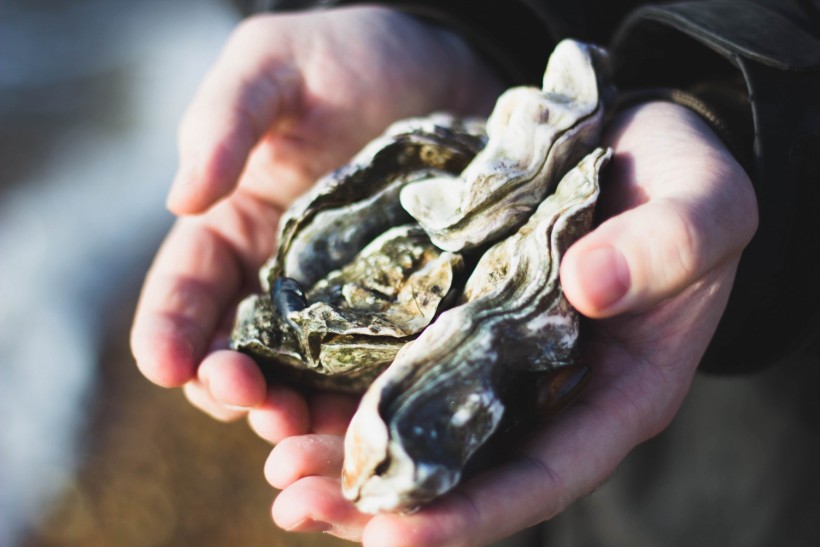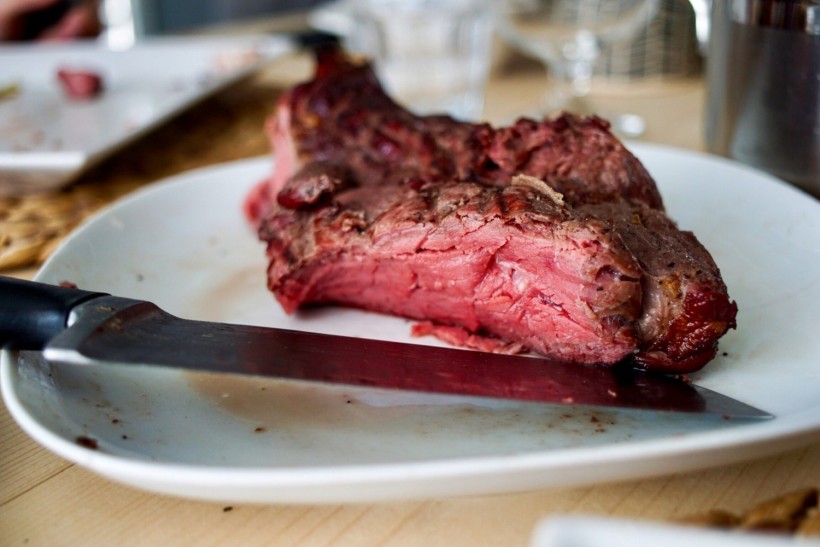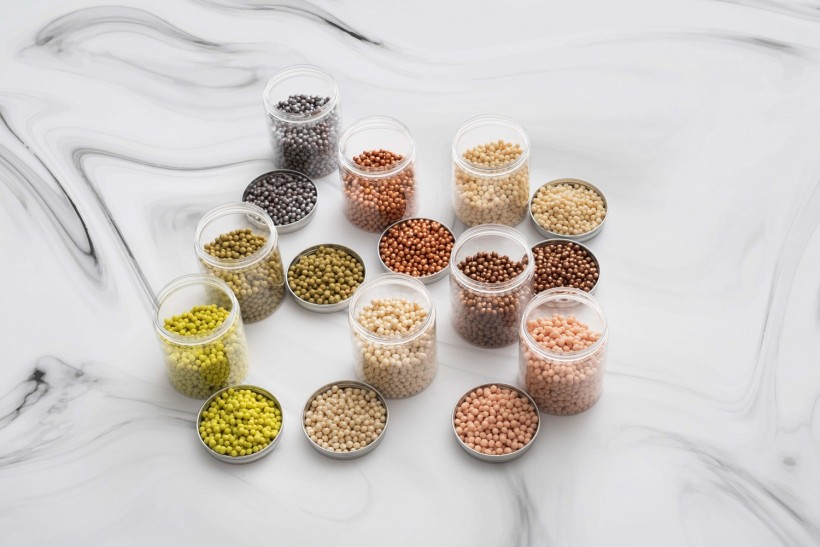Thyroid is a butterfly-shaped organ located on our neck. It regulates the body's energy level by secreting thyroid hormones. If your body does not produce enough hormones, you might feel weak and cold. Dry skin is pretty common, and you might encounter a lot of depressive episodes. This condition is called hypothyroidism.
According to the American Thyroid Association, hypothyroidism is not curable unless it is caused by a viral infection. However, it can be controlled through proper medication and diet.
While it does not magically cure the condition, your diet might help improve or worsen hypothyroidism. Below is a list of food that you should consume and avoid if you have this disease:
What to eat?
1. Iodine-rich foods

Iodine is an essential element that our body needed to produce thyroid hormones. Unfortunately, our body itself cannot produce its own iodine, and that's why people should consume iodine-rich foods. Common foods include cheese, milk, saltwater fish, seaweed, and whole eggs. Iodized salt can also be substituted.
The iodine deficiency condition called goiter will result in the enlargement of thyroid glands. The American Thyroid Association said that before the introduction of iodized salt, goiter is common in Great Lakes, Appalachian, Northwestern U.S. regions, and in Canada.
Although it is essential, health experts warn that excessive intake of iodine can worsen both hypothyroidism and the reverse version hyperthyroidism.
2. Zinc-rich foods

Our bodies only need a small amount of zinc. For adults, 11mg for men and 8mg for women are only needed. Yet it is still an essential nutrient needed to assess growth and to maintain the human organs, including thyroids.
A study claimed that zinc supplementation has helped improved the over-all production of T3 and T4, which are the thyroid hormones. Unfortunately, our bodies do not store zinc, and that's why consuming zinc-rich foods on a regular basis is needed.
Oyster is the best source of zinc. But if you hate it, red meat, seafood like crabs and lobster, and fortified breakfast cereals can be substituted. Some beans and nuts also contain zinc.
3. Selenium

Like zinc, you only need a small amount of selenium. Unfortunately, scientists are still debating whether we actually need it or not. While some claimed that it is great for preventing prostate cancer due to its anti-oxidant properties, some health experts claimed it increases the risk of non-melanoma skin cancer. However, some health conditions like HIV and Chrohn's disease are associated with selenium deficiency.
In terms of its benefit to your thyroid, a study published in the International Journal of Endocrinology claimed that selenium helps prevent thyroid problems.
Common foods with selenium are Brazillian nuts, beef, various freshwater and saltwater fish, and grains.
What to avoid?
1. Foods with goitrogens

Goitrogen is a compound that affects the thyroid's activity by blocking iodine and interfering with thyroid-stimulating hormones, the hormones that give the thyroid a "go signal" to produce T3 and T4.
Cruciferous vegetables like lettuce and cabbage are among the major source of goitrogens. However, it does not grant you an excuse to skip salad if you hate them. These foods are still full of other beneficial minerals. Just consume them moderately. You may also blanch the leaves first to minimize its impact on the thyroid.
2. Soy

Studies suggested that soy interferes with the body's ability to absorb thyroid hormones. In fact, there was a study that claimed a Japanese elderly woman developed hypothyroidism after consuming a huge amount of soy product in a span of six months.
However, Dr. Todd B. Nippoldt said that there is no evidence to prove that all hypothyroidism patients should avoid soy products completely. Instead, he suggested consuming it in moderation and a few hours after drinking your supplements.
© 2024 NatureWorldNews.com All rights reserved. Do not reproduce without permission.





